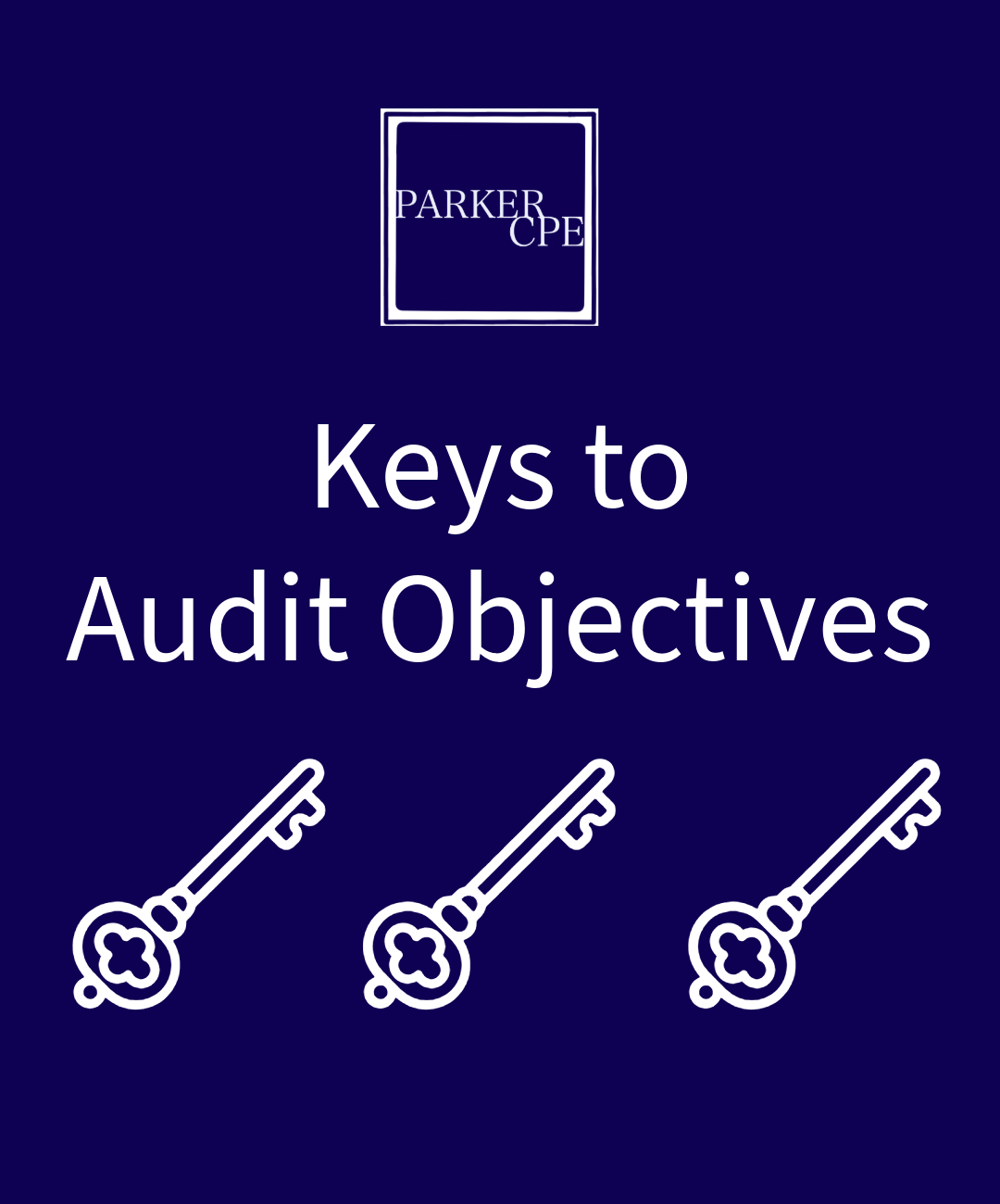
What is the Anti-Fraud Playbook for State & Local Government?
Fraud is a real and costly threat to state and local governments. The Anti-Fraud Playbook provides a phased approach with 16 practical plays to help agencies prevent, detect, and respond to fraud. From building a strong culture of integrity to leveraging data and analytics, this guide is built specifically for government teams looking to strengthen their defenses without overwhelming their resources.

What is Audit Documentation?
Audit documentation might not be the flashiest part of our job, but it’s one of the most vital. For government auditors, especially those working under Yellow Book standards, solid documentation tells the story of the audit and ensures your work stands up to scrutiny. This article breaks down the five essential components of strong audit documentation and offers tips to make sure your files are clear, complete, and review-ready.

What Are Audit Objectives?
If you’ve ever struggled to write a clear audit objective, you’re not alone. Even though “audit objectives” are mentioned over 100 times in the GAO Yellow Book, many auditors still find them vague, confusing, or overly broad.
This article breaks down what audit objectives really are, why they matter, and how to write ones that are specific, actionable, and aligned with standards. Learn the three essential elements every audit objective should include, how to avoid common mistakes, and what the GAO means by "performance aspects"—plus, see examples of bad vs. effective objectives in action.

What to Consider When Contracting Out a Yellow Book Performance Audit
Contracting out a performance audit can be a smart move for organizations seeking specialized expertise and enhanced efficiency. However, success hinges on careful planning and oversight. Start by defining the audit's scope and objectives clearly, ensuring alignment between expectations and deliverables. Select auditors with relevant qualifications and experience, and verify their independence to avoid conflicts of interest.

What Governmental Managers Can Learn from Behavioral Insights
Rooted in psychology, behavioral economics, and social science, behavioral insights are about understanding how people make decisions in real life—decisions that are not always perfectly rational. Government managers can leverage this knowledge to better design policies and interactions that drive positive behavior.

What the Movie “War Dogs” Teaches Auditors About Procurement Fraud
The movie “War Dogs,” a 2016 film directed by Todd Phillips and based on a true story, provides an engaging narrative that can serve as a cautionary tale for auditors. It showcases the complexities of procurement fraud within the government contracting sector. The story follows two young arms dealers, David Packouz and Efraim Diveroli, who win a $300 million Pentagon contract to supply ammunition to Afghan forces. Their subsequent actions offer several key lessons for auditors about procurement fraud.

Response to the 2024 Exposure Draft of the Green Book
Explore the key updates in the 2024 exposure draft of the Green Book with insights from Parker CPE. Discover how new requirements for risk management, including improper payments and information security, enhance internal controls. Understand the importance of prioritizing preventive controls to avoid inefficiencies of the "pay and chase" model.

Case Study: The Town of Dixon Fraud
The Town of Dixon, Illinois, became infamous for one of the largest municipal frauds in U.S. history when Rita Crundwell, the town’s longtime comptroller, embezzled nearly $54 million over two decades.

Agile Auditing in Government
Incorporating agile project management principles into how your office conducts its work allows you to issue products more quickly, be more adaptable to changes, and focus on the essential work required to issue products—all of which helps your office prevent and root out waste, fraud, and abuse.

2024 Yellow Book Update: Quality Management System
The 2024 revisions to the Yellow Book, also known as Generally Accepted Government Auditing Standards (GAGAS), introduce significant updates to Chapter 5, focusing on quality management, engagement quality reviews, and peer review. These changes aim to enhance the quality and reliability of government audits, ensuring that audit organizations produce high-quality work that meets professional standards.
To help audit organizations navigate these updates, we’ve outlined a comprehensive plan for implementing a Quality Management System (QMS) that complies with the new standards. The plan includes key steps such as documenting the system, assigning roles, setting quality objectives, assessing and mitigating risks, and establishing robust monitoring and evaluation processes.
